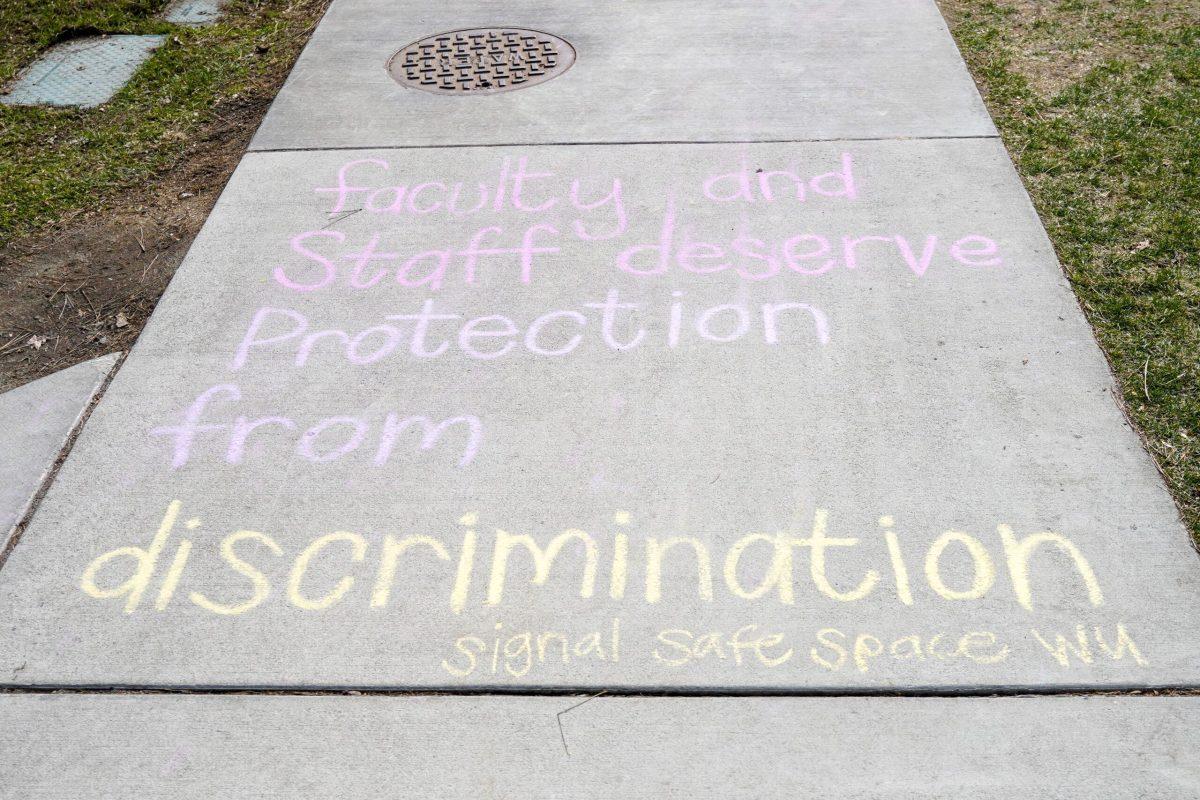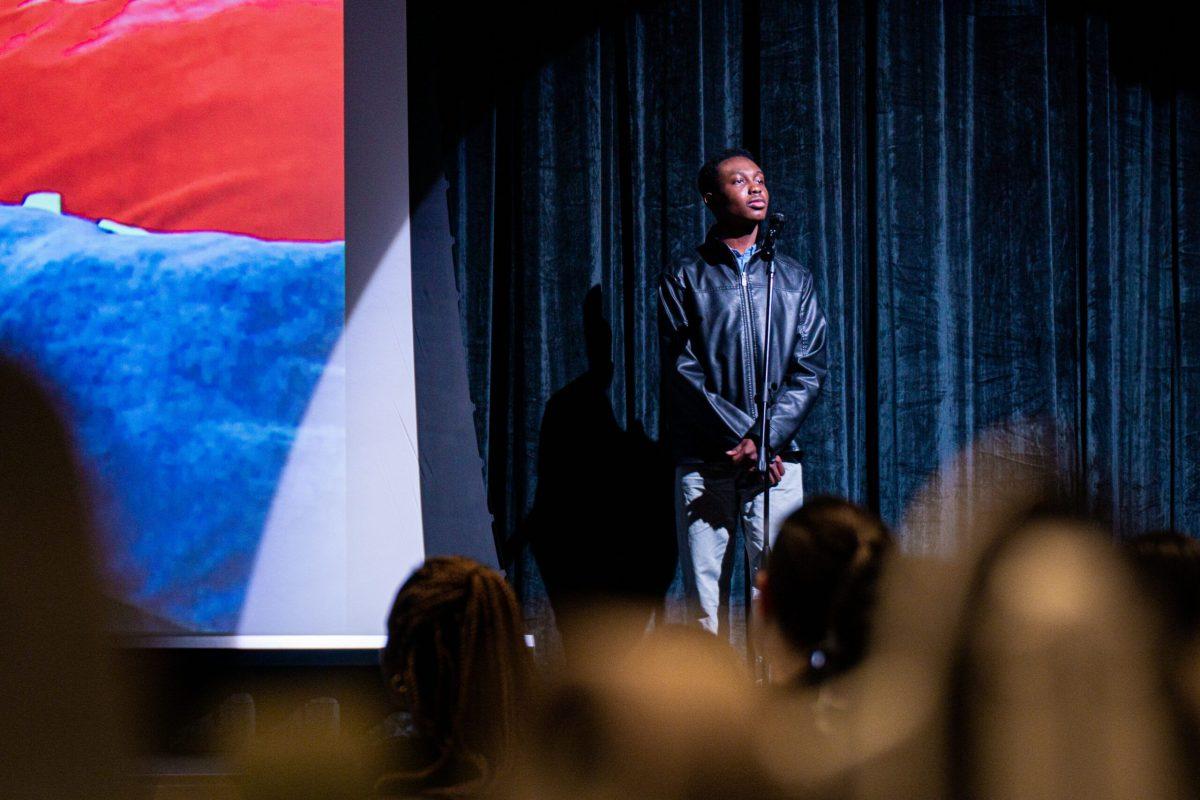
Queen Elizabeth II was the United Kingdom’s longest-reigning sovereign ruler; her passing came after seventy years of serving as queen regnant over 32 sovereign states, 15 at the time of her passing. However, there have been mixed emotions regarding how people feel about the passing of a political figure whose reign is still associated with the devastating effects of British colonization.
During the days following the announcement of her death, many questioned how the passing of the Queen would affect the Commonwealth and how the monarchy would recover from the loss. However, many felt the Queen was responsible for the colonization, neo-colonization and other atrocious acts committed by the British monarchy during her reign. Social media platforms such as Facebook, Twitter and Instagram were suddenly buzzing with posts intended to poke fun at the Queen and her legacy.
One Tweet reflecting the controversy surrounding the legacy of Queen Elizabeth II was posted by a Carnegie Mellon University professor, Uju Anya. Anya expressed her discontent over the actions of the Queen and the British monarchy as a whole, writing, “I heard the chief monarch of a thieving raping genocidal empire is finally dying. May her pain be excruciating.”
While social media users such as Anya have used online platforms as a way to express serious reactions to the passing of the Queen, many simply aimed to mock the legacy of the monarch. Social Media users created and shared comical memes featuring the monarch’s death and viral Tik Tok videos featuring her obsession with corgis or her mistreatment of the late Princess Diana.
Despite the political controversy regarding Britain’s approach to foreign policy, the death of a symbolic figure and celebrity such as Queen Elizabeth II, is not in itself a laughing matter; which raises the question of why many were quick to trivialize or ‘“troll” the death of the late monarch?
Whitworth professor, Dr. Bi Zhao, explains her view of this phenomenon, stating, “We need to give people who are not Western a voice in order to express their concerns, as even the Queen’s death is a very Western-centered event and these feelings are only now surfacing due to the death of the Queen.”
When asked how they felt about the social media controversy surrounding the death of Queen Elizabeth II, Whitworth students had mixed reactions to the topic.
Sophomore Vincent Inayat remarked, “Everyone has the right to say whatever they want, especially for public figures, but if that public figure passes away, you’re not destroying that public figure, you’re controlling their family who are going through that phase of mourning.”
Freshman Ta’kye Nobles had a similar response, stating “I don’t think you should make fun of anyone’s death, no matter who they are, even if they are not popular.”
Senior Sarah Braun explained, “I think death is something to be respected, but I also am aware that there are so many things that maybe need to be accounted for by the British Empire that haven’t been, so I could understand wanting them to be called out.”
The death of Queen Elizabeth II taught the international community an important lesson: political issues, such as colonialism and neo-colonialism must be openly discussed in everyday life, rather than only giving light to these issues when dramatic historical events occur; otherwise we may soon find ourselves on the brink of another social media war, which does not do justice to the voices of those deeply impacted by the issues at hand.
















